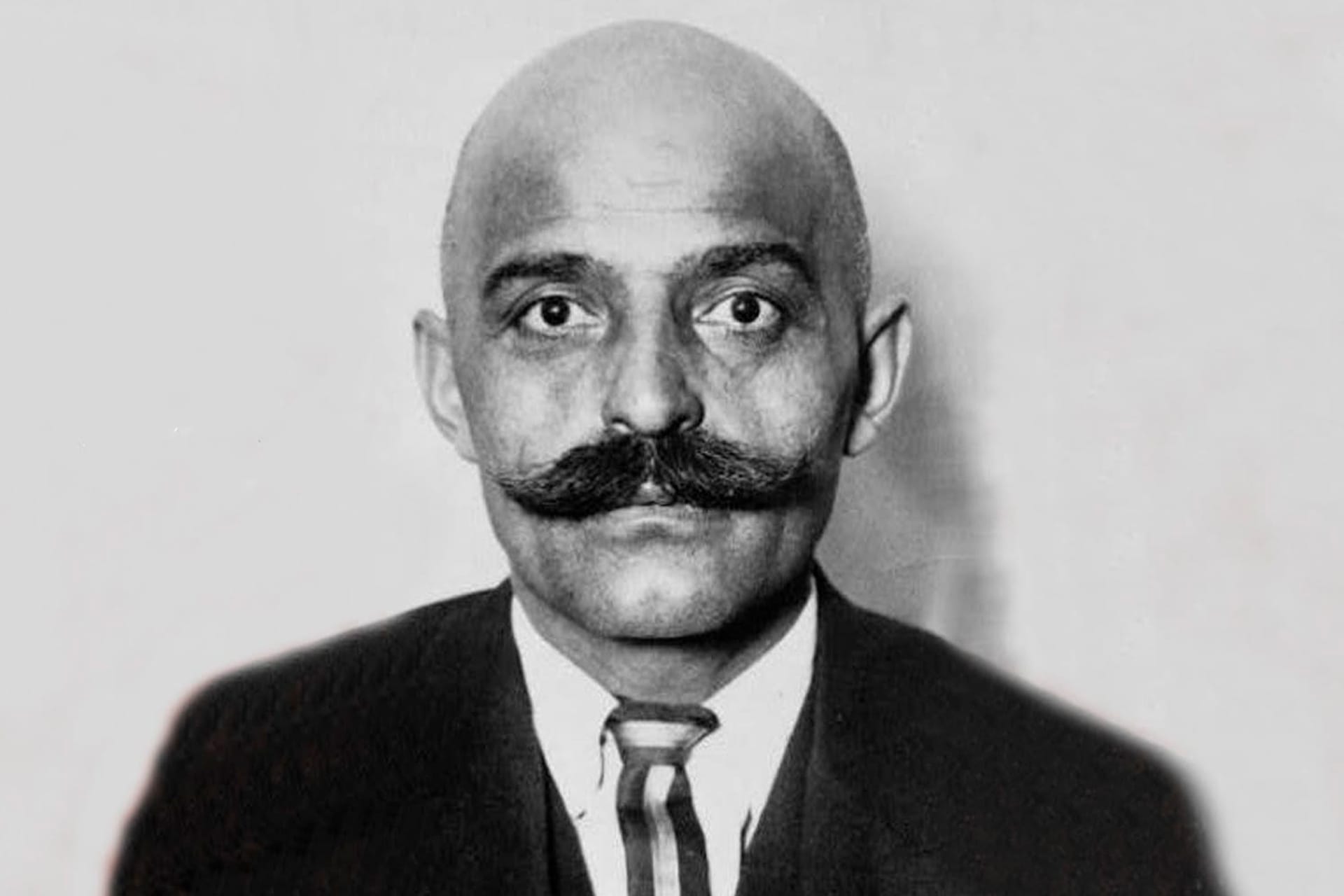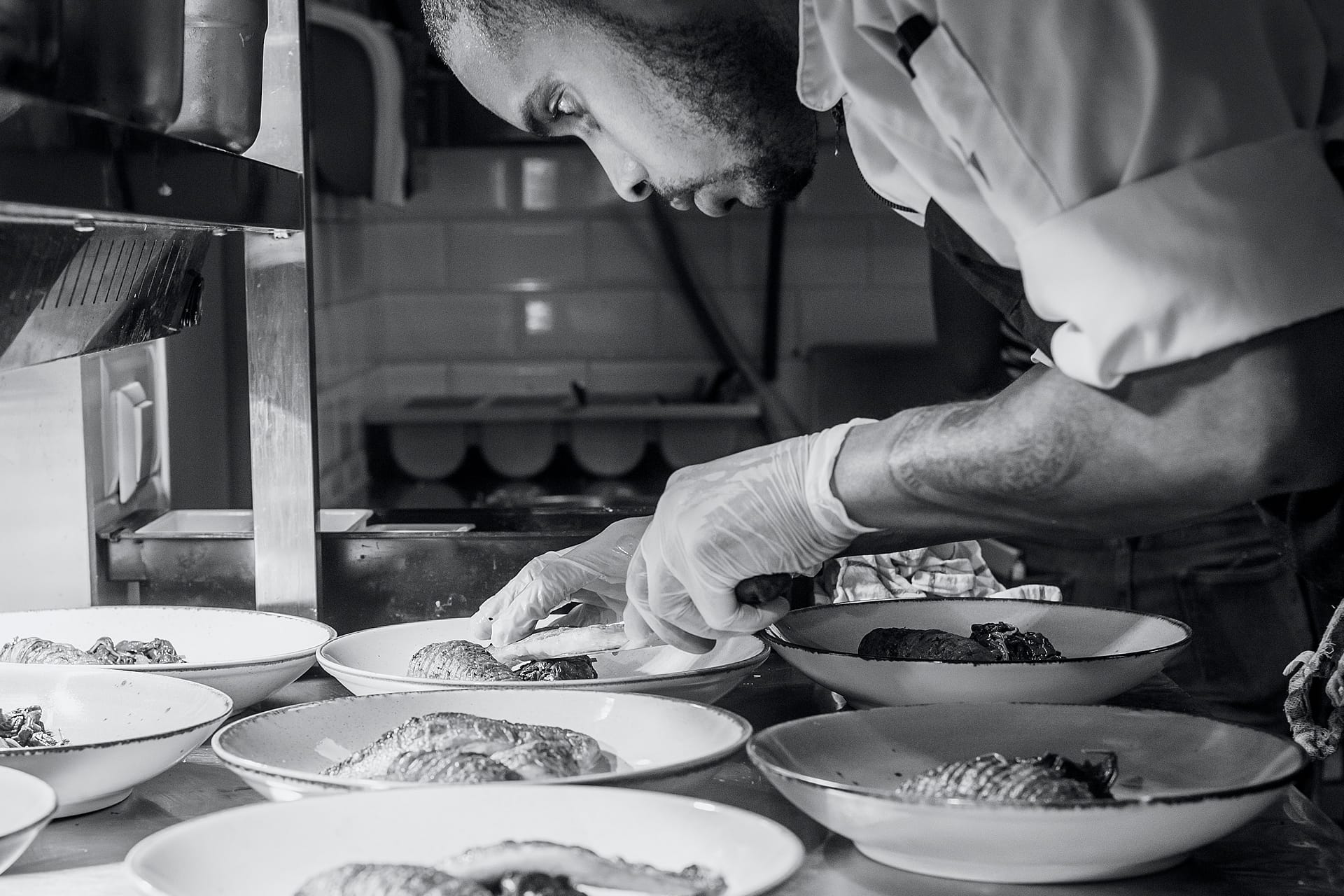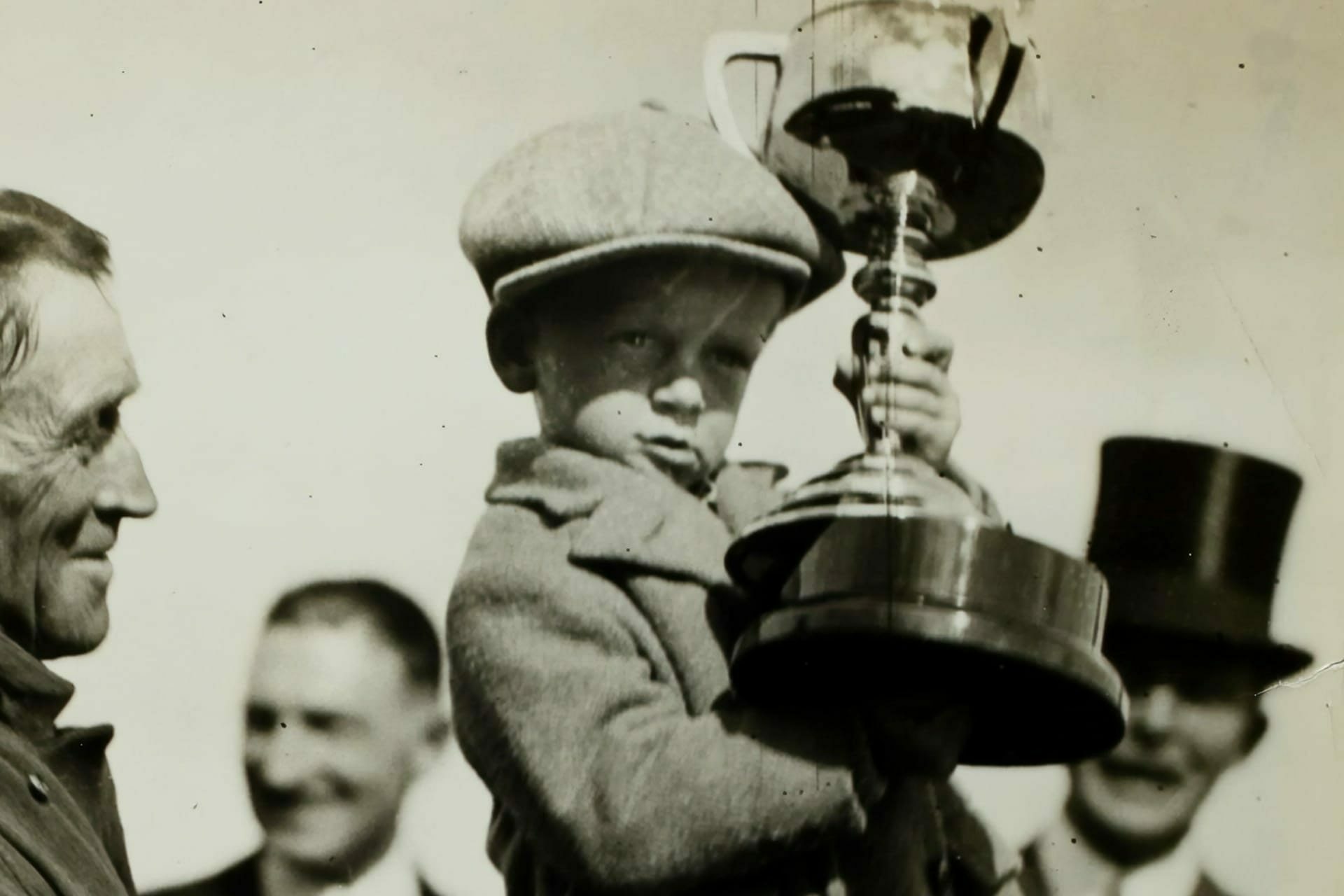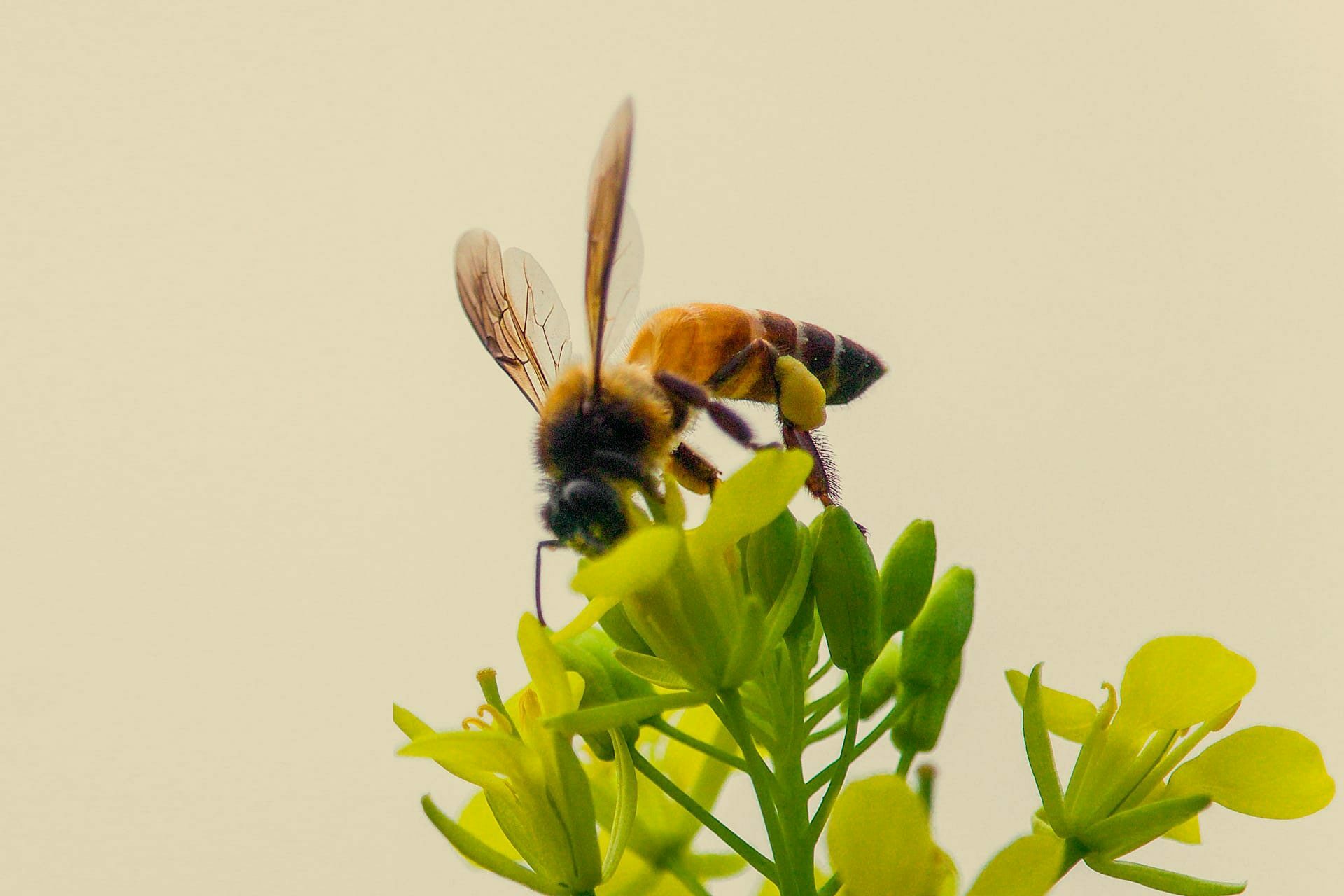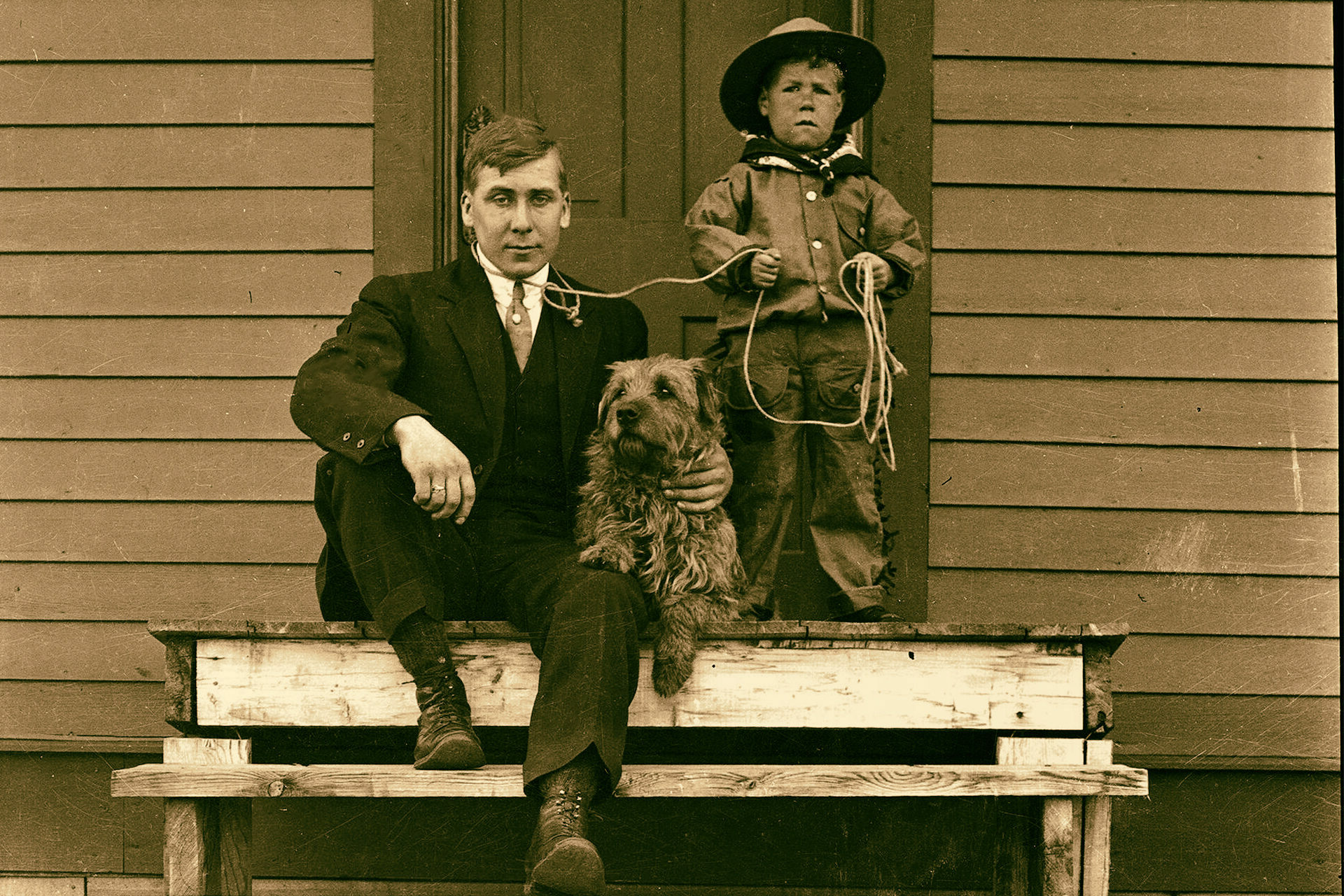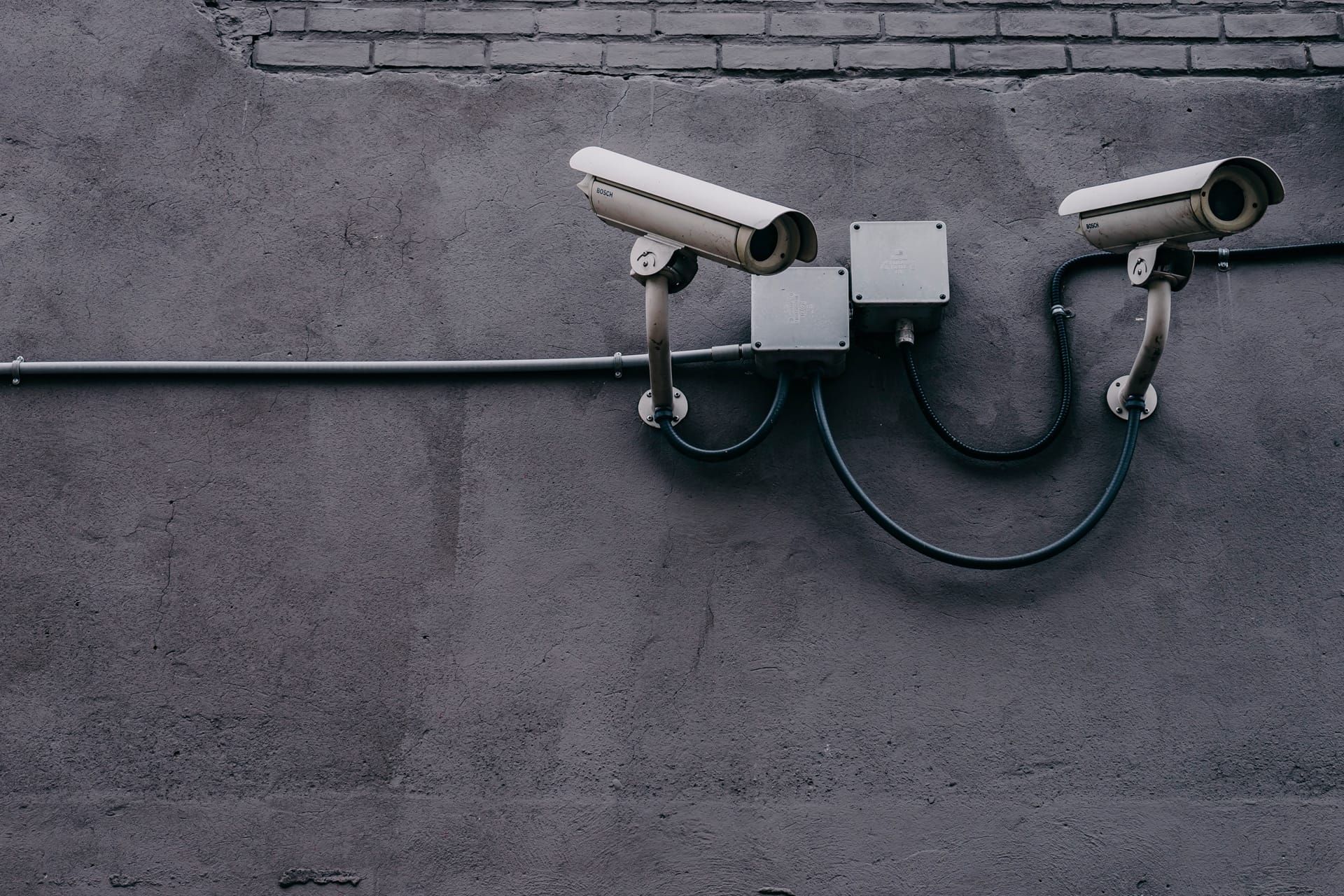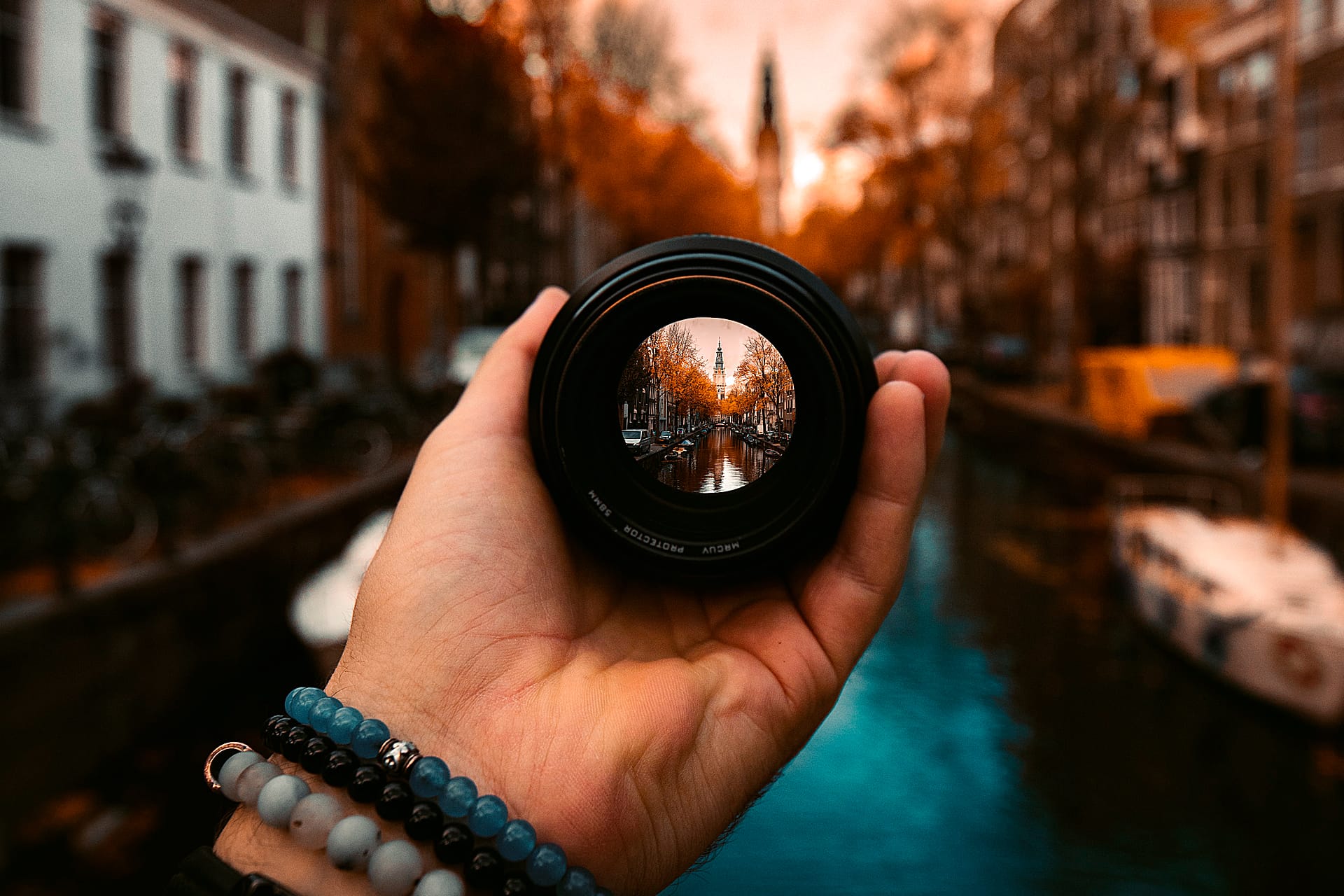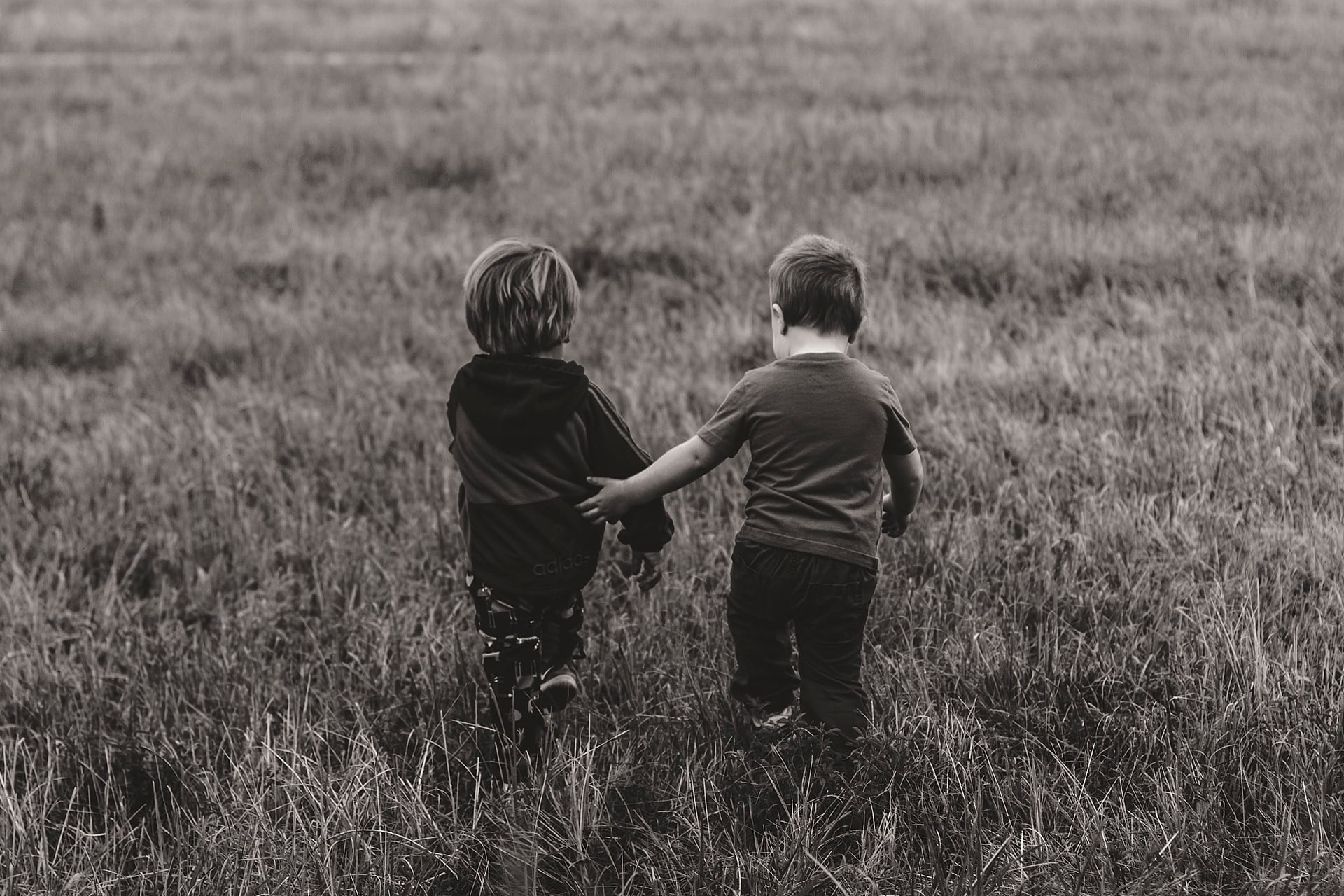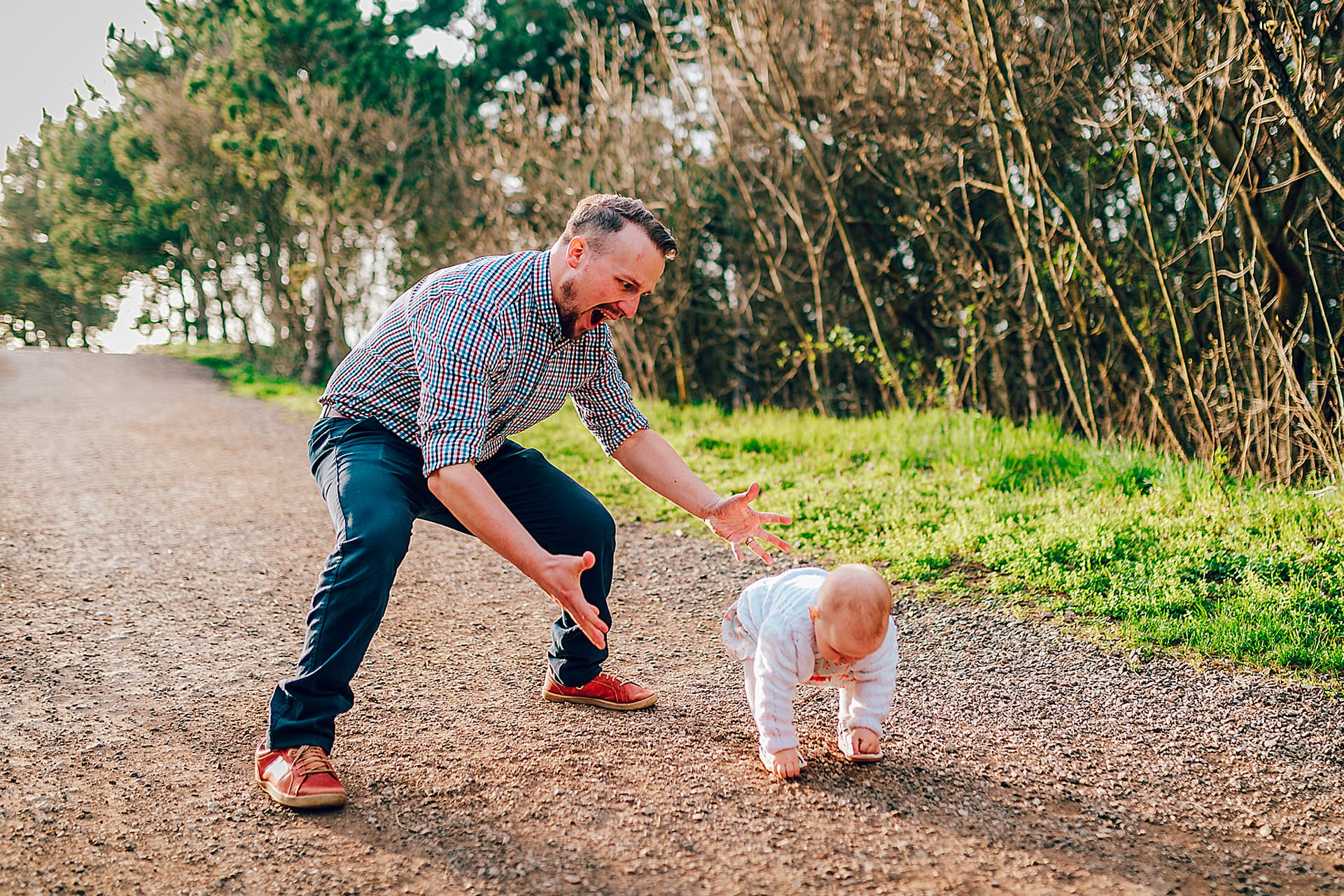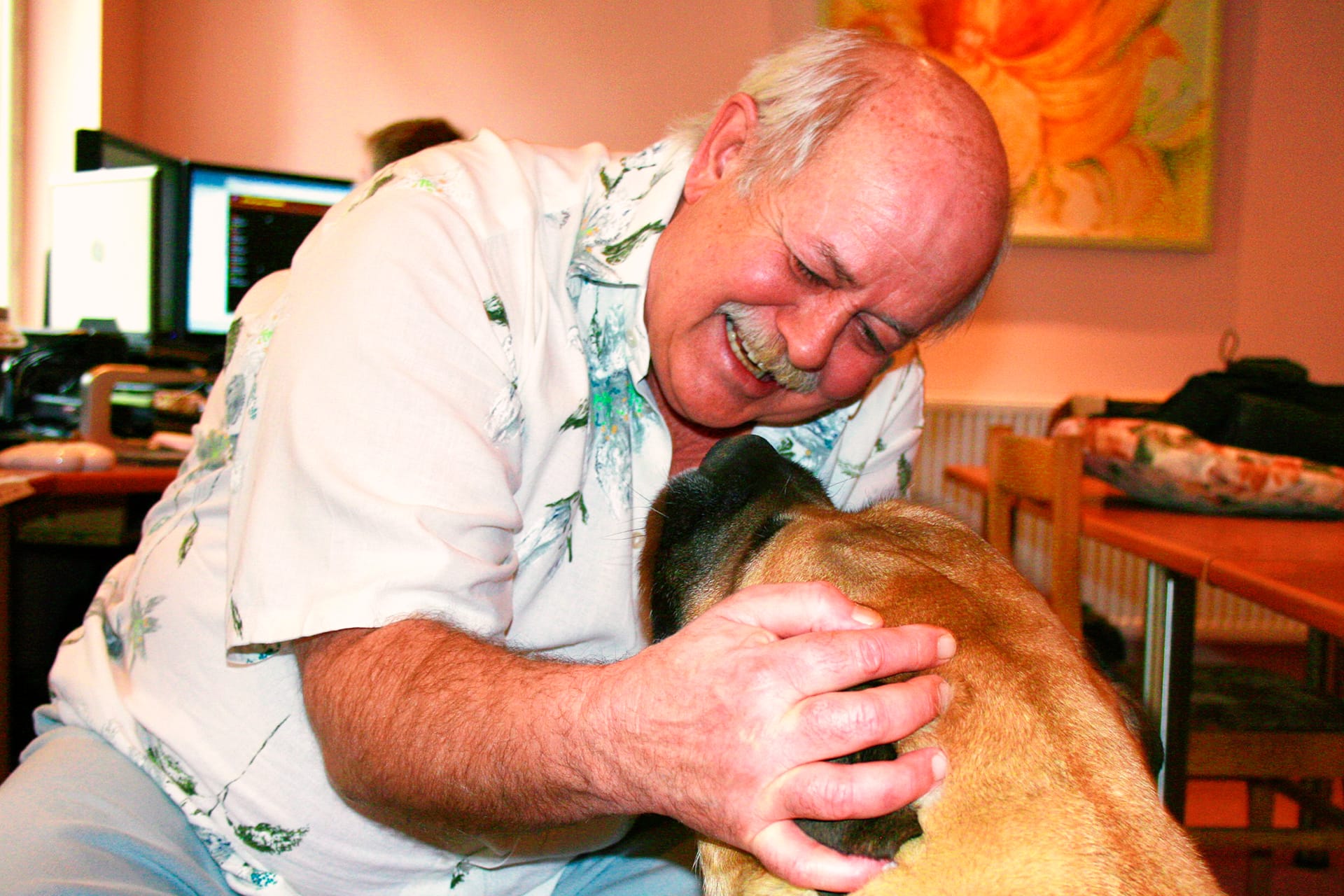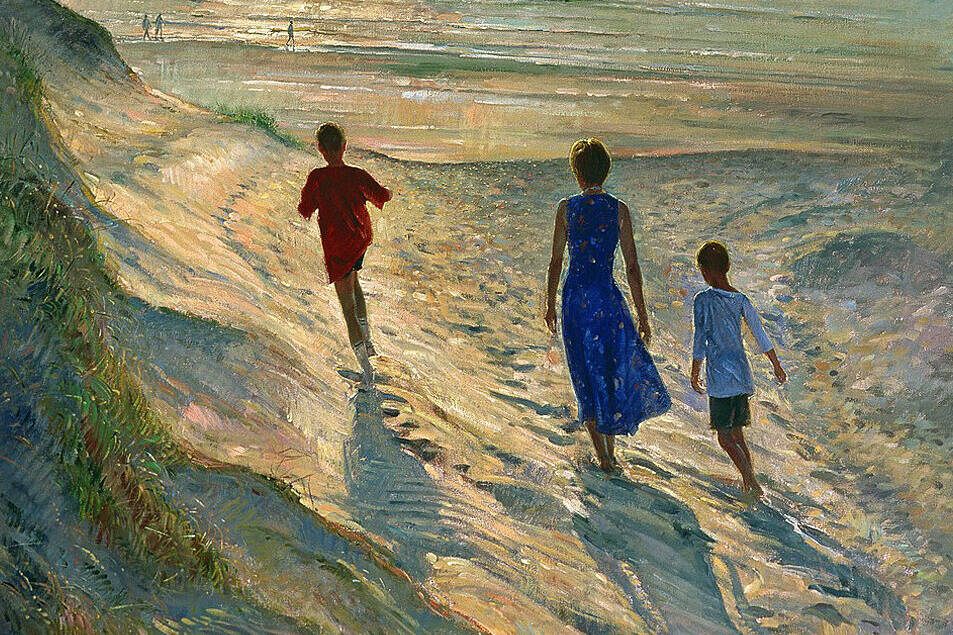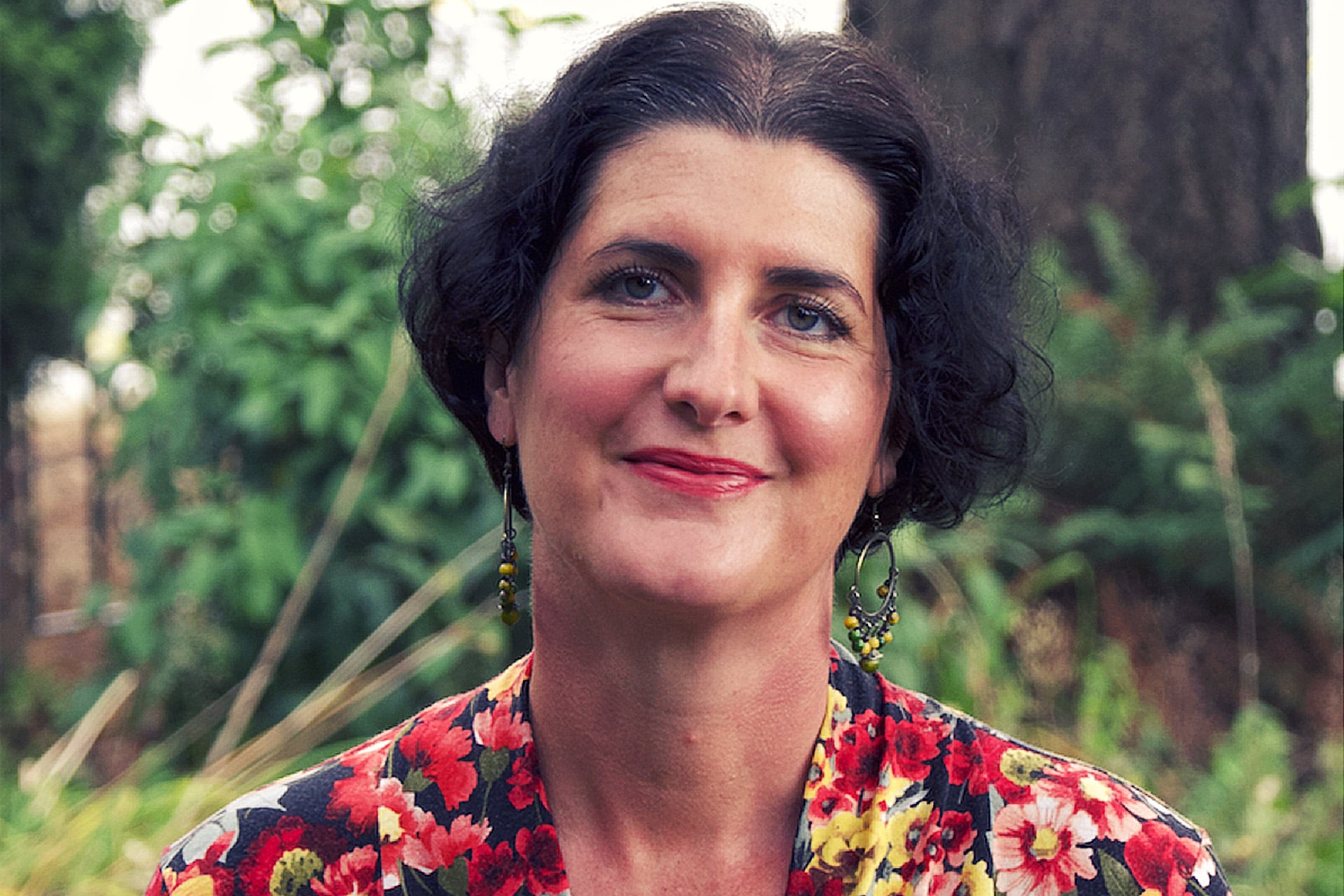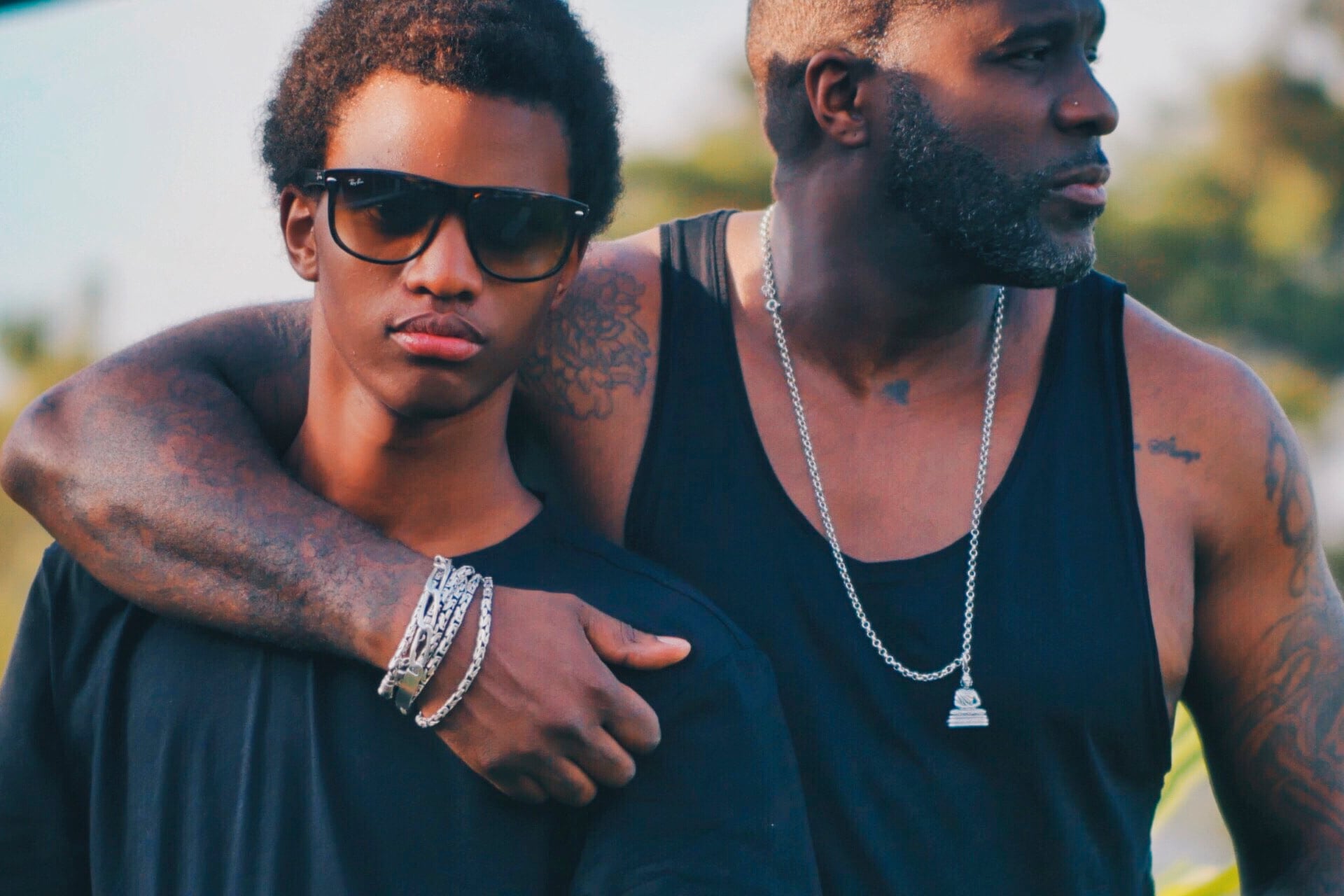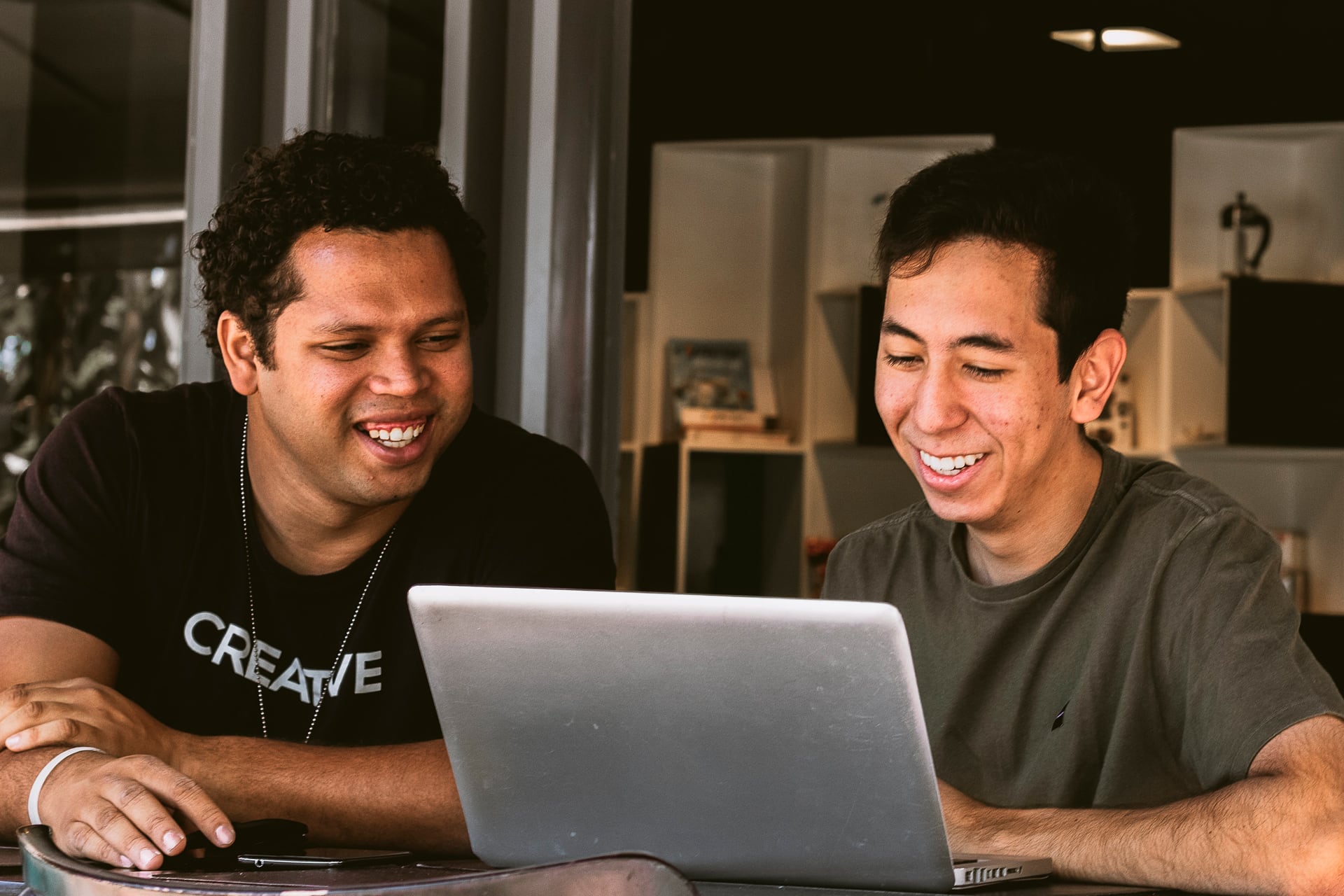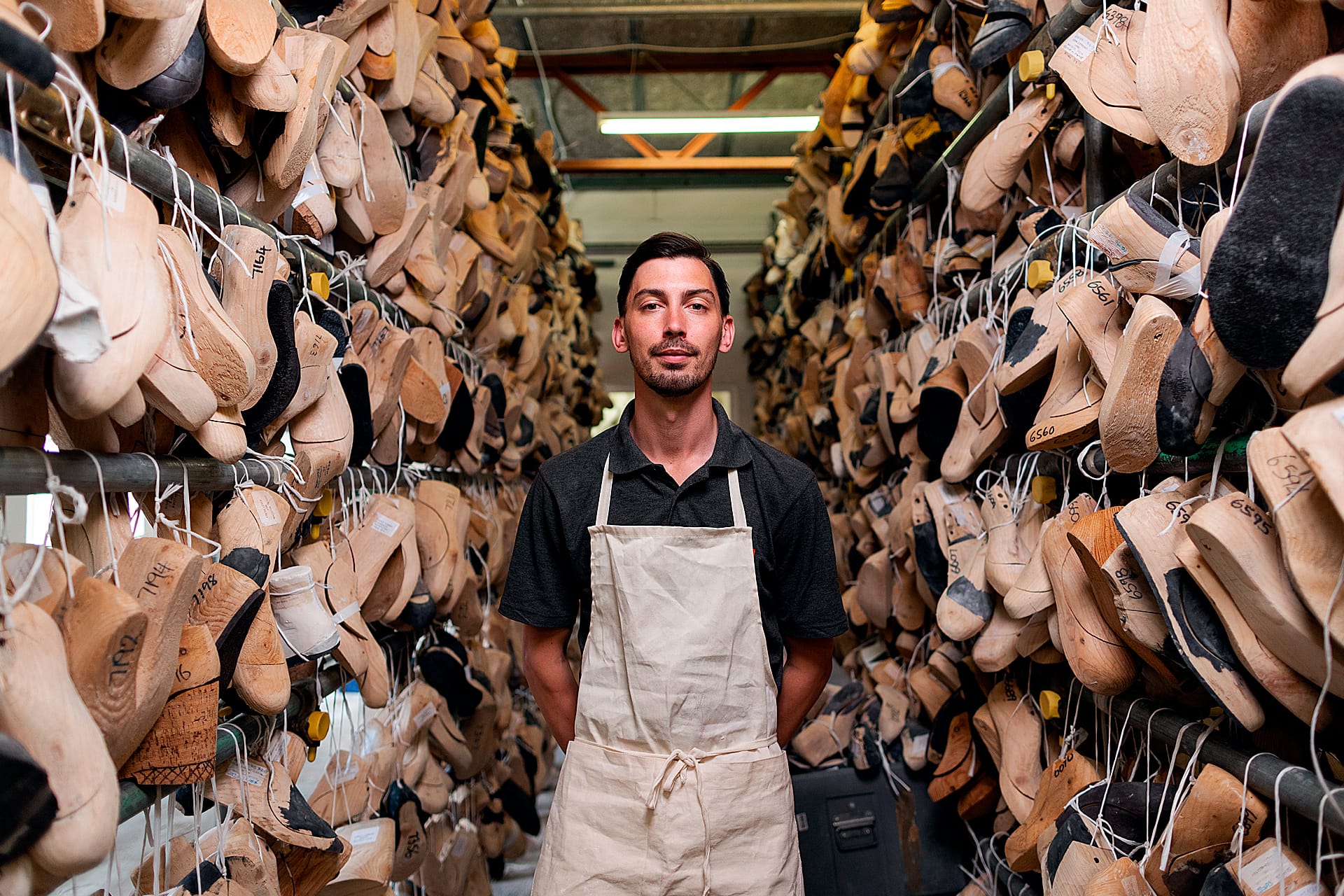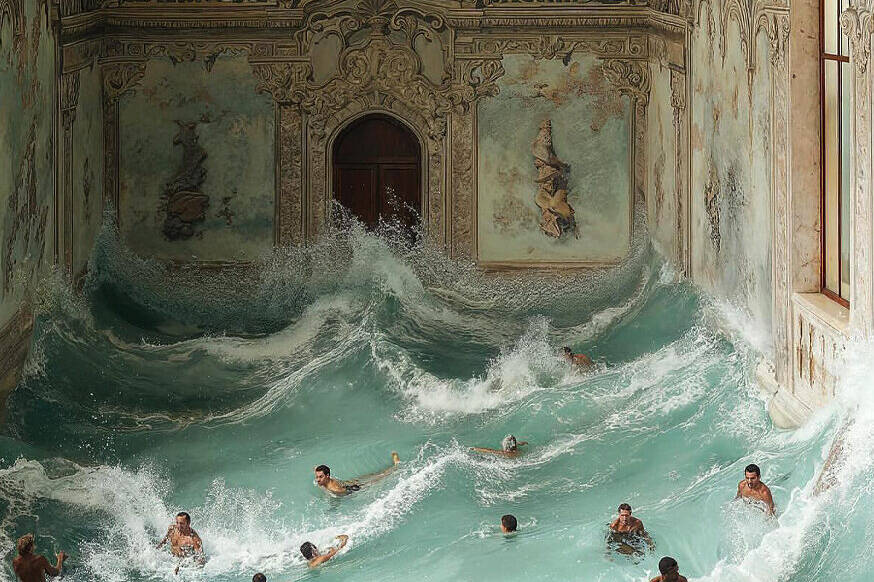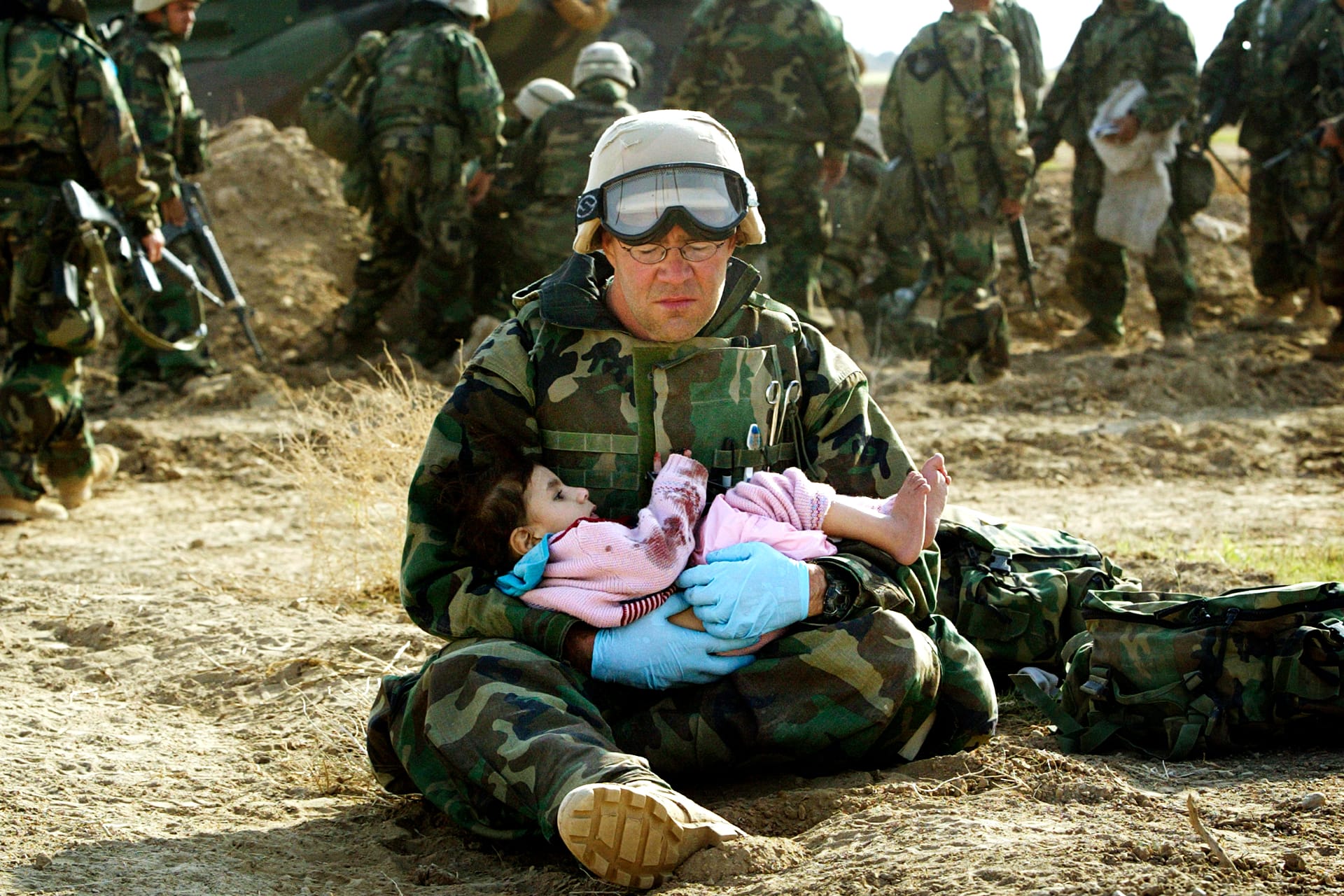If one looks beyond the face value of the violence and chaos that is occurring all over the world today, it becomes clear to see that the real motivating force is man’s inherent, albeit mostly unconscious, drive towards seeking harmony through conflict.
Inside each and every one of us is the instinct for survival, and therefore also the intuitive recognition of the need to fight for that survival, irrespective of whether it is physical survival, economic survival, emotional survival, survival of one’s culture, religion, language, or quite simply survival of the self in the broadest possible meaning of the term self.
But in a world that has become riddled with crime and violence, injustice and anarchy, the word fight has become a dirty word.
Consequently:
- we frown heavily upon those who express the desire to fight,
- we protest loudly when any one person steps out of line relative to what is the accepted norm,
- we condition each other in the so-called civilised ways of democracy and, worse still,
- we condition our children into becoming meek and mild, unable and indeed, unwilling to fight.
Then we wonder why our children cannot fight peer pressure when it comes to alcohol and drugs, and we wonder why, once they have become adult, they turn out to be so weak in fighting for their rights.
Therefore the question facing all of us, is not whether or not it is good to fight, but that if we have to fight, how best can we fight to our advantage so that the positive emerges, rather than chaos, anarchy, rebellion and ultimately also destruction?
No-one can fight for us, because no-one can live our lives for us.
If we are going to:
- achieve peace in our country,
- rid society of crime,
- build a stable economy,
- and carve out a type of future which all of us can look forward to,
then it is time that we start to acknowledge that the only way in which to achieve our goals is for individuals like you and me to stand together, not only in taking joint responsibility for our circumstances, our challenges and our lives, but also to fight for what we believe in.
No-one can fight for us, because no-one can live our lives for us.
Not the police.
Not the government.
Not the church.
Not the schools.
Not our neighbourhood watch or the security companies.
We all have our own lives to live, our own challenges to face and our own responsibility in fighting to create the type of world and society in which we would like to live.
And most important of all, each and every one of us has our own individual responsibility to give our children the correct guidance in helping us to build the country and the future of our dreams. Why?
Because our children are the future, and therefore they too need to learn to fight:
- to fight against peer pressure,
- to fight against the debilitating restraints of social conditioning and, above all,
- to fight for self-respect in learning to think for themselves, rather than just becoming the victims of circumstance and society.
Too little is done to help children build the resilience they need to cope when things go wrong.
A very sad reflection of where we are failing as a society comes from the result of a three year study commissioned by the Mental Health Foundation in England.
The report concludes that pressures on children to succeed and mollycoddling by parents who fear for their kids’ safety are turning out a young generation that is emotionally illiterate and at an increased risk of mental breakdown.
One in five from the age group four to twenty suffer from problems, ranging from bed-wetting to anorexia, which significantly disrupt their lives.
The problem is that the pressures on children to achieve are enormous, but too little is done to help them to build the resilience they need to cope when things go wrong.
Up until now the needs of children everywhere have been determined largely by the demands made upon them by adult society.
In this respect it has for a long time been assumed that the needs of children are the same as those of their parents and teachers. Although people, generally speaking, can sense that children must by the force of evolution develop needs different from those of their parents, yet in practice very little has been done to guide children towards discovering for themselves what are their own particular needs within an evolving world.
Oliver L. Reiser, lecturer at the University of Pittsburgh points out that:
The world today suffers from a cultural provincialism based on the dualism of an outward-looking, objective attitude of the Western world, and an inwardness or subjectivity of Oriental societies.
For the future, the remedy for the social schisms and psychological fissions that have handicapped and obstructed modern efforts to overcome the divisions of humanity, lies in a restoration of unity of principles upon which an integration of human values and achievements can be attempted.
The educational implications of this development are clear. The time to resynthesise the objective and subjective, the extrovert and introvert, and to achieve a great orchestration of culture is now.
In this respect our greatest challenge is how best to resynthesise the objective and subjective, the western and the eastern, and ultimately male and female, conflict and harmony.
Culture and Education
Culture, in its broadest possible implications, must be restored to its rightful place within education, for buried deep within its abstract depths are the roots of all education. Culture is not the product of education; rather does the evolution of culture lead man into new avenues of thought, and hence of education.
To be schooled but not educated is to be a fragmented human being
In speaking about culture we should bear in mind that man is essentially a religious creature, and that at the basis of all culture lies man’s deepest questions concerning life.
Who are we?
Why are we here?
What is the purpose of our lives and our deaths?
How should we understand our place in the world, in time, in space?
And what indeed, is the purpose of education, of going to school, of learning?
Yet sadly, how many of us are knowledgeable about even our own culture, let alone that of another?
How many of us can even accurately define the meaning of the word culture?
We may look upon our modern society as being highly civilised, but ironically, it is also very uncultured. To lack a knowledge of the meaning and the purpose of culture is to be uneducated, even though we may be highly schooled in several academic disciplines.
To be schooled but not educated is to be a fragmented human being.
Culture addresses the questions pertaining to life. Schooling in those questions enables us to live life. But to be schooled only in academic pursuits that are not seen within the context of life as a whole is to be uneducated in the true sense of the word.
Uneducated people cannot live life.
Uneducated people are to all intents and purposes illiterate in the true sense of the word, and can therefore at best exist within the confines of their academic abilities and achievements.
Our problem today is indeed a world problem, because today we have a far higher level of academic achievement within the world as a whole, but sadly, also an illiteracy that is growing at an alarming rate.
With the advent of the worldwide web communication across political and cultural boundaries has increased dramatically in recent times, with the result that people today have become much more exposed to the marvellous mixture of different peoples, different races, languages, skills and culture, as well as the fundamental polarity of East and West, that comprises our one humanity.
We should therefore be fully aware of the potential, the opportunity and the challenges this new inter-racial and inter-cultural communication is offering us.
It is not fighting that is bad; what is bad is that we don’t know what we should be fighting for.
Humanity on the whole is still very much a child at heart and, as a result, will more often than not resort to attempted trickery in order to achieve desired goals. This is something with which we are all very familiar, in that at no time ever before has corruption within all areas of human endeavour been so rife as it is today. The natural consequence of this is that both crime and violence have also escalated to enormous proportions. Therefore it is clear that humanity is badly in need of education, something that cannot be accomplished by concentrating upon academic schooling only. Why?
Simply because, as Joseph Henderson observes, the trickster is thoroughly amoral. He submits to no discipline and is guided wholly by his experiential attitude towards life.
Yet it is out of this trickster figure that the Hero-Saviour ultimately evolves.
The trickster impulse provides the strongest resistance to initiation and is one of the hardest problems education has to solve because it seems a kind of divinely sanctioned lawlessness that promises to become heroic.
Does that sound familiar?
If it doesn’t, then it should.
This last phrase sums up so very accurately where our children are at today, where society is at today, where we in the world are at today.
This is a lawlessness which we can try to suppress, or eradicate altogether.
But if we do we will be killing off something in us that is vitally important to our future and to our well-being. We will be killing off our potential to develop the Hero-Saviour.
The alternative course would be for us to educate ourselves in what it means to be human beings, and thereby to come into contact with both the meaning and the purpose of the Hero-Saviour.
In this way we may claim our deep inner drive towards fighting off inertia, in order that the evolution of awareness may proceed unencumbered.
It is not rebellion that is bad.
What is bad is that we have never taught either our children or ourselves to rebel with discrimination.
It is not fighting that is bad.
What is bad is that neither we nor our children know what it is we should be fighting for. As a result, rebellion turns into anarchy, and fighting becomes destructive, and the Hero-Saviour, instead of being a hero and a saviour, becomes instead a manic dictator that suppresses man’s instinctual urge towards creativity and innovation.
Instead of the Hero-Saviour in us guiding us towards harmony through conflict, we debilitate ourselves into achieving only chaos and destruction through an ignorance which breeds only crime and violence.
If we wish to uplift ourselves and our children to the status of the Hero-Saviour, then we must come to the acknowledgement that academic schooling without a proper education is not even nearly enough.
The teaching of social interaction is neglected almost entirely with the result that the child is not equipped to handle life.
In this respect the major disadvantages of mere academic schooling lie in the fact that, firstly, the teaching of social interaction is neglected almost entirely, with the result that the child is seldom, if ever, taught and evaluated as an entire person.
Consequently, although he or she may excel in academic work, the fact remains that the child is not equipped to handle life, to handle the many pressures of society.
Why should this be?
Because the physical and emotional training of the child has been omitted, whilst the only mental training received is centred almost entirely around academic achievement.
Other areas of the mind, such as creative imagination and thought, learning to translate feeling into conscious thought, are relegated to the back row, if not frowned upon.
Yet it is only through this type of training that the child develops the ability to formulate purposeful questions, and thereby acquires the necessary ability to evaluate self, and to assess the personal.
Yet, it is not the responsibility of only the schools to educate our children.
All of us are jointly responsible by virtue of the fact that we all partake in the one life, we all participate in the one society, and therefore we all interact with each other to create those emotional responses and mental impulses we should be educated in handling constructively.
True learning, true education takes place all the time, everywhere.
True learning, true education takes place all the time, everywhere.
Life doesn’t happen only at school.
Life happens all the time.
We need academic schooling in order to establish a career, but life is infinitely more than merely holding down a job.
- True Friendship - 11th September 1999
- Where Have All the Heroes Gone? - 30th May 1999
- Guilt and Repentance - 11th June 1998
Articles
Being a Tough Cookie Costs
I need to get there by using my feelings, listening to my heart - and not knowing quite what it is I need to be doing to get…
To Think or Not To Think…
What we call “thinking” is in fact the workings of the rational mind; what we should really be calling computing or…
Pay Attention!
Because attention is an act of will we have commands like, “Pay attention”. The most powerful technique for developing…
What Does It Mean To Be a True Male?
And this is the essence of the reality that lies beyond the face value of the above myth: Life is not and could never be a…
Winner? Or Loser?
Therefore, instead of becoming irritated, I should have been grateful and co-operative!
Pause……….
When I walk or sit, or whatever I do, I always sense my body and specifically what is/what feels ALIVE in my body – this is…
Fun – The Missing Link!
So how can I bring back the fun into the process of my learning and not see fun as just entertainment? How can I be…
Men – Victim or True Male?
I still see so much responsibility dumped onto men about how they should be and how they need to change...
Where Have All the Heroes Gone?
When I look around in the world today, it is with a deep sense of anguish that I still hear echoing in my ears the...
The Well of Being Creative
It entails my relying on my own inner warmth and it unfolds like a “pregnant pause stage” until I give birth to the new!
Using Vulnerability to Stand Up for Myself
More than a year ago I made a decision to challenge myself to face my fear of exposing my vulnerable side with people.
What Does It Mean To Be Real?
Once I acknowledged the REALITY of my situation, I was then able to confront this fear within myself – and then to do…
Science vs Intelligence?
Being intelligent is a way of relating when each party can discriminate between what it NEEDS and what it should AVOID.
Weak Father – Real or Pretense?
I grew up with a father who just loved to pretend he was weak! His favourite past time was to isolate himself...
Is Co-operating Intelligently a Step Forward?
And my departing point on this journey is a simple truth that I already have all I need with which to start!!
To Marry or Not to Marry – the Challenges of Commitment
A convenient boy-girl-friend relationship cannot be left open-ended forever.
Felling Helpless and Out of Control Now?
And if I’m awake enough, I may register the moment I’m about to succumb to inertia – and reverse it!
Does Opening Up To Friends Mean I Am Weak?
I did not panic, and decided to open up myself to my friends and to share how I really felt in that moment – without judging…
Focus on the Positive
I am using the Rule "FOCUS ON THE POSITIVE" for some years already and I really have seen that it works and also how it…
True Friendship
Friendship is a relationship, and believe me, by FAR the most DIFFICULT of all relationships to build, for it does not have
The Far Reaching Effects of Feeling Guilty as a Parent
As parents, no matter what we do, we seem automatically to fall into a trap of feeling guilty about not doing a good enough…
Stalking our Perception
"SELECTIVE PERCEPTION DOES NOT ALLOW FOR A FULL OPENNESS OF HEART, AND THEREFORE PREVENTS A FULL PARTICIPATION IN LIFE."
“We Can’t Afford It!” Really?
Instead of looking at WHY I could "not afford" to travel to Greece, I started to look for HOW I could afford it!
Rules of True Communication
Too many people live in worlds removed from those closest to them due to poor communication skills.
Fluidity
"This was so outside of my frame of reference – “You mean I ask the airline for assistance?” Lol!"
How Can I Мake Lemonade Out of a Lemon?
Look how the little oyster transmutes the grain of sand that is irritating and transforms it in the end into a pearl.
Working with Théun Mares
Théun's firm belief was that the world did not need even more fighting and violence to meet the fighting that is……
Working with Emotions
In all of this, working with and managing our anger was the theme of the challenge – and both of us were using our anger as…
Placing the Focus
"This was so outside of my frame of reference – “You mean I ask the airline for assistance?” Lol!"
Anger and Blame – Constructive?
I have a good feeling that I am able to laugh at myself under stressful situations and somehow all this experience brings…
Effortless Power
What did I do to get from expending untold energy to what is for me now an effortless pleasure?
June
IMPECCABILITY IS TO ACT TO THE VERY BEST OF YOUR ABILITY UPON WHATEVER KNOWLEDGE HAPPENS TO BE AVAILABLE TO YOU AT ANY GIVEN…
Men Don’t Cry
We take action – a man cannot be impotent; we can find the harmony through conflict, confrontation.
Power of Choice
Quite simply, everything that happens in me or around me is first of all because I perceive it.
Do You Trust Your Gut Feel?
Instead I chose to trust the process, to believe, even though at times I couldn't really figure out why I needed another…
Monthly Cycle – A Period of Beauty and Wonder
I no longer dread the arrival of my monthly menstruation, but rather welcome it as MY opportunity to start afresh.
Freeing My Expression
Learning to navigate your relationships provides opportunities to reconnect to the wonder and uniqueness of who you truly…
Stuck in the Unknown Without a Map?
Some that might say that given that this is the unknown or undefined it could mean just about anything we choose it to be!…
Is There Purpose to Evolution?
The mere fact of evolution and it’s astonishing complexity points to a purpose and intelligence capable of making choices at…
So, I CAN change!
The two streams of evolution of the life forms, and what I consider the Self, are vastly different – but I found the…
Can the Words I Choose Be a Trap?
Being a trained litigator and a practicing lawyer, I come across the concept of words and their trap on a daily basis.
Catch Yourself Doing Something Right?
Start giving yourself and those around you credit for what you and they are doing right.
Does Conflict Actually Have a Purpose?
I did not submit to the conflict by externalising it, but held the tension and patiently waited while working with the…
Embarrassed By Your Masculinity?
What has happened to turn men into powerless asexual softies that are at the mercy of everyone and everything?!
I Don’t Know!
I am amazed to what lengths I go to maintain a self-image that "I know!" when in fact I KNOW I have no clue!
Tackling Fear
Fear can drive us forward to become bigger and better, wiser and more tolerant, more awake and therefore more responsive.
Troubled Relationships with Parents
You either CONFRONT him, or you choose to do nothing and let him go to pot completely.
Suppressing Emotions – What Does This Mean?
The differences between suppressing and stepping over an emotion highlighted.
Business Partnerships – What is my Motive?
Will this partnership really work? How can two people actually run the business? Will I end up doing all the work?
A Fresh Approach in Learning about Life
My natural curiosity and inquisitiveness in learning all about life is my constant drive.
Marriage, Sex and Warmth
If the two people do not tango together, there is no way for their marriage to work.
Dreaming True
I jumped! And at the end of the first month I waited for the sky to fall on my head! My first working month, ever, without a…
The True Male is Gentle
At the same time as being firm, we also need to be warm and gentle. It is a delicate balance that needs daily care.
Is My Father Weak?
The better things seemed to be, the more emotionally evasive I became!! Why? Because it just had to be "too good to be…
Editorials
Learn How to Put Your Relationships Back on Course
Elizabeth Schnugh helps people use their issues with others to discover more about themselves, says Constance...
Elizabeth Schnugh and ISM
The first simple step on the path to recovery, says Elizabeth, is to realise that you have a choice.
Videos
If I change my behaviour, will the relationships that I have change?
In this series of short videos, Elizabeth Schnugh – Founder and Director of ISM – answers questions about relationships.
What are you going to DO with the rest of your life?
In this series of short videos, Elizabeth Schnugh – Founder and Director of ISM – answers questions about relationships.
I want my partner to change. What do I do?
In this series of short videos, Elizabeth Schnugh – Founder and Director of ISM – answers questions about relationships.
“The World of Little People” ISM Course – the different stages of childhood
In this series of short videos, Elizabeth Schnugh – Founder and Director of ISM – answers questions about relationships.
Was it really love at first sight with my parents when I was born?
In this series of short videos, Elizabeth Schnugh – Founder and Director of ISM – answers questions about relationships.
My children are posing huge problems for me. How do I tackle my child’s behaviour?
In this series of short videos, Elizabeth Schnugh – Founder and Director of ISM – answers questions about relationships.
Everyone wants to hold baby, but who holds mom or dad?
In this series of short videos, Elizabeth Schnugh – Founder and Director of ISM – answers questions about relationships.
How do I get over the resistance I feel towards my mother or father?
In this series of short videos, Elizabeth Schnugh – Founder and Director of ISM – answers questions about relationships.
“But if I do what’s best for me, people will say I’m selfish!”
In this series of short videos, Elizabeth Schnugh – Founder and Director of ISM – answers questions about relationships.
What is an example of true education versus academic schooling?
In this series of short videos, Elizabeth Schnugh – Founder and Director of ISM – answers questions about relationships.
What can I do if I have lost my self-confidence?
In this series of short videos, Elizabeth Schnugh – Founder and Director of ISM – answers questions about relationships.
I’m okay – I don’t need “fixing”, so why should I come to an ISM Course?!
In this series of short videos, Elizabeth Schnugh – Founder and Director of ISM – answers questions about relationships.
Is there a way to make a divorce less painful?
In this series of short videos, Elizabeth Schnugh – Founder and Director of ISM – answers questions about relationships.
Why do we fail in so many of our relationships?
In this series of short videos, Elizabeth Schnugh – Founder and Director of ISM – answers questions about relationships.
There are so many courses out there… what is different about a course at ISM?
In this series of short videos, Elizabeth Schnugh – Founder and Director of ISM – answers questions about relationships.
If you do not love yourself, why should anybody else love you?!
In this series of short videos, Elizabeth Schnugh – Founder and Director of ISM – answers questions about relationships.
Does human connection help a low self-image?
In this series of short videos, Elizabeth Schnugh – Founder and Director of ISM – answers questions about relationships.
How do I know if I’m in a good relationship?
In this series of short videos, Elizabeth Schnugh – Founder and Director of ISM – answers questions about relationships.

